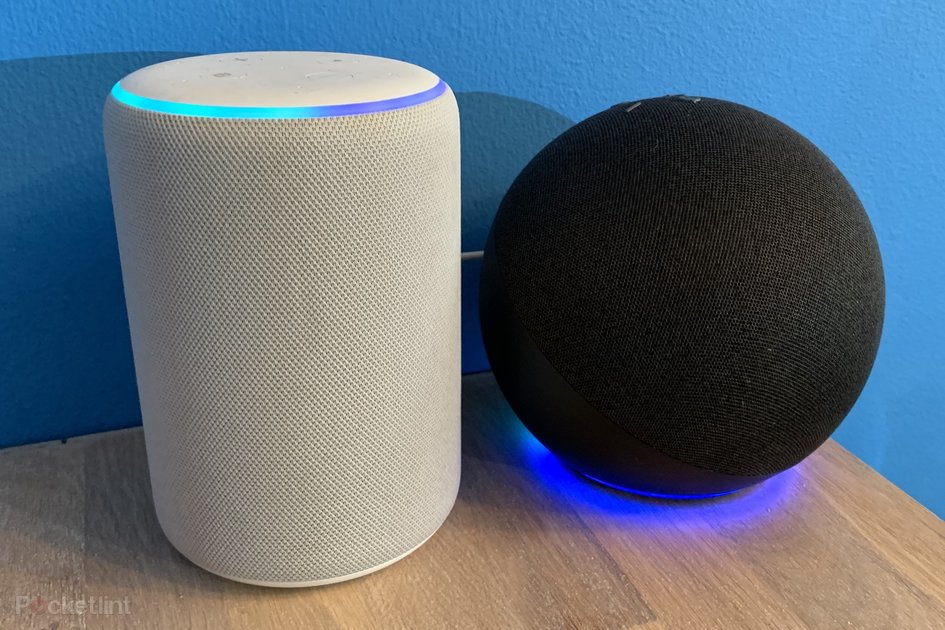Through its Alexa speech assistant, Amazon is developing a solution for people to communicate with their deceased family members
- Posted on June 23, 2022
- Technology
- By Glory

Rohit Prasad, senior vice president and
lead scientist for the Alexa team, gave an overview of a technology that lets
the voice assistant to mimic a particular human voice on Wednesday at Amazon's
Re:Mars conference in Las Vegas.
The scenario that was presented at the
event was reading a bedtime story to a grandchild in the voice of a deceased family
member —in this case, a grandmother.
"Alexa, can Grandma finish reading me
The Wizard of Oz?" a child asked in a demonstration video.
After confirming the request in her
standard, robotic voice, Alexa abruptly changed to a warmer, more human-like
tone that seemed to imitate the child's relative.
“This required inventions where we had to
learn to produce a high-quality voice with less than a minute of recording
versus hours of recording in the studio,” the executive notes. “The way we made
it happen is by framing the problem as a voice conversion task and not a speech
generation path. We are unquestionably living in the golden era of AI, where
our dreams and science fictions are becoming a reality.”
Prasad points out that the business is
able to produce some quite stunning audio output with only one minute of
speaking thanks to the new technology.
With "less than a minute of recorded
audio," the Alexa team created a model that enables its voice assistant to
deliver a high-quality voice, according to Prasad. He added that work is
currently being done on the feature. Amazon did not specify a release date for
the functionality.
The new Alexa feature may be used to
assist honor a deceased family member, even if it could technically be used to
imitate any voice.
While AI can't take away the grief of
loss, it can make memories last, he continued.
The e-commerce giant has introduced a
number of capabilities that allow Alexa to mimic more like human speech, even
to the extent of asking a question. This is done in an effort to make speaking
with Alexa more natural overall.
The technology behind Amazon Alexa, often
known as Alexa, is largely based on the Polish voice synthesiser Ivona, which
Amazon purchased in 2013. The Amazon Echo smart speaker, as well as the Echo
Dot, Echo Studio, and Amazon Tap speakers created by Amazon Lab126, were the
first devices to utilise it. It can be used to communicate with voice commands,
play music, create to-do lists, set alarms, stream podcasts, play audiobooks,
and provide real-time information such as weather, sports, traffic, and news. Using
itself as a home automation system, Alexa can manage a number of smart gadgets.
By adding "skills" like weather forecasts and audio features, users
can enhance Alexa's functionality. It employs weak AI such as automatic speech
recognition, natural language processing, and others.


Be the first to comment!
You must login to comment